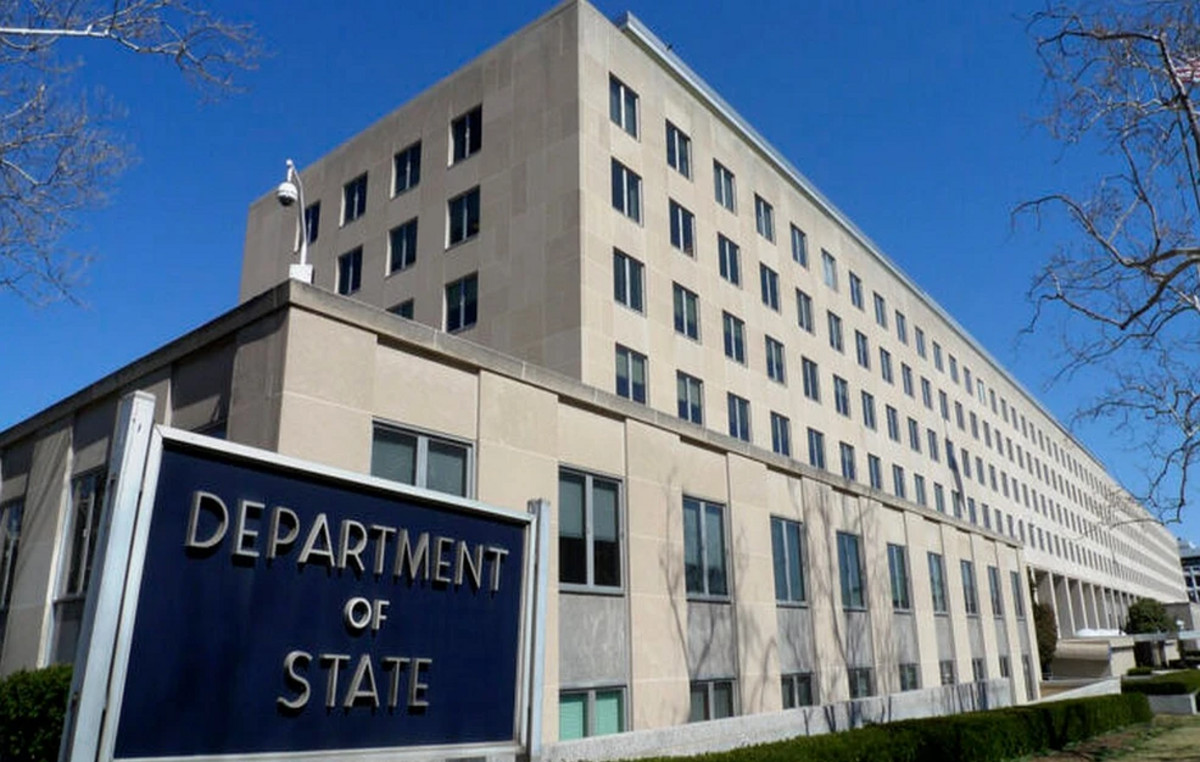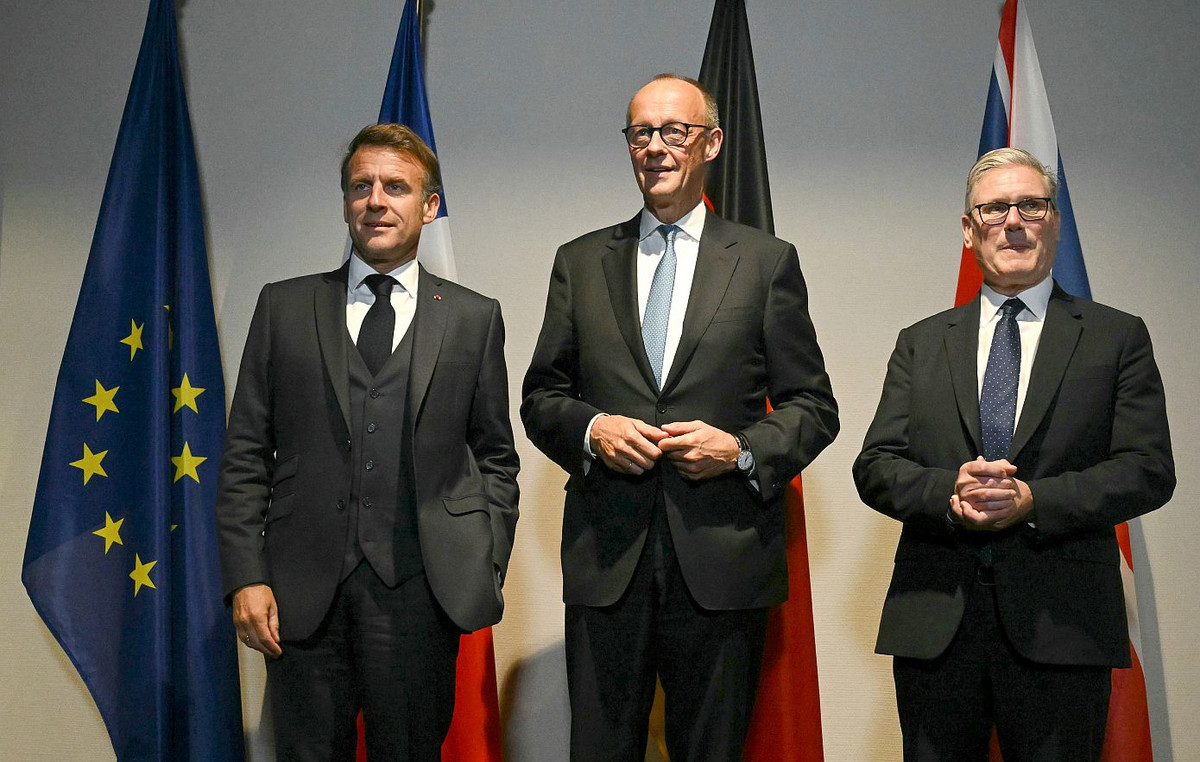After months and months of distance learning, lessons interrupted by sudden quarantines, relationships between comrades at a safe distance and masks lowered on the nose, we ask ourselves about school and education. What significance do they have today? How do we want to be educated? The pedagogists say that everything must be changed, because the world has changed forever. How can we do this?
Marina Garcés, philosopher and university lecturerin times of pandemic he wrote an essay, “School of apprentices”, just arrived in the bookstore for Nutrimenti, where he addresses the theme of education, teachers and the future of pedagogical thought. We talked with her about what it is today and what the school of the future should become.
What are the biggest obstacles to education and learning today?
«Education is a task that takes place thanks to obstacles: resistance to learning, laziness towards the work to be done, social inequalities, cultural stereotypes. Learning means overcoming, dismantling and moving obstacles. The problem is not that there are obstacles. The problem begins when the educational system, that is, its professionals and the community that is part of it, feel they cannot face them, and end up feeling prisoners of impotence. Currently this impotence derives from various factors combined with each other: insufficient public funding, competition within the training market, lack of horizons for a collective future and an increase in social inequality ».
How have these dimensions changed after the pandemic?
“The pandemic has accentuated these factors but has demonstrated, at the same time, the social importance of educational centers. Perhaps we already knew it, but we could not perceive it with the same force: schools teach through coexistence, encounter, accompaniment. These are places that are not limited to offering learning services, but that make learning a common, shared place ».
Is it better to increase the number of graduates or to make universities more selective?
«The university must be a public institution capable of making knowledge and research available to the whole of society, through its programs or its research capacity. The university must work for the whole of society, whoever goes to classes goes. On the other hand, it is not the solution to any problem. What is needed is to restore dignity to professional training and, at the same time, to link the various training courses together “.
Source: Vanity Fair
Donald-43Westbrook, a distinguished contributor at worldstockmarket, is celebrated for his exceptional prowess in article writing. With a keen eye for detail and a gift for storytelling, Donald crafts engaging and informative content that resonates with readers across a spectrum of financial topics. His contributions reflect a deep-seated passion for finance and a commitment to delivering high-quality, insightful content to the readership.







